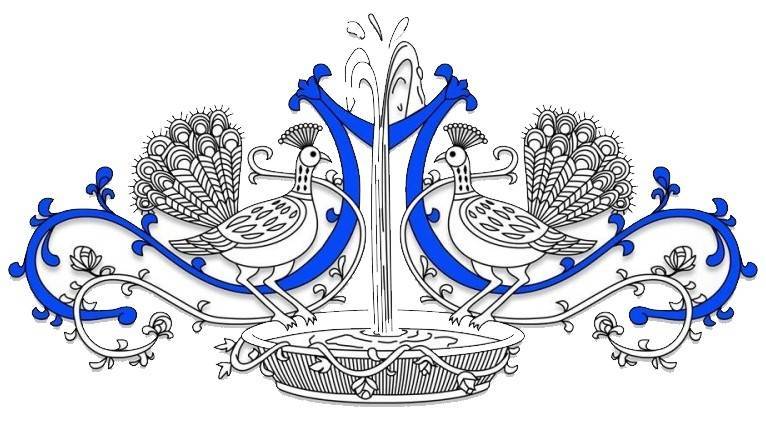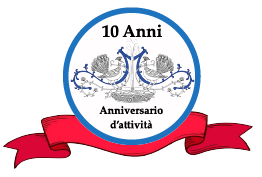Each and everyone of us nurtures a wish or aspiration, but not always are they legitimate. “Do not unto others what you do not want done to you” goes an ancient Chinese proverb which has been adopted as the golden rule shared by the entire human race, where the rights enjoyed by each of us is a duty towards our neighboor . It is a fact that noone can do without his next door neighboor and the entire community; that each and every action will have its reprisal and vice-versa. The fact today lies in the difficulty in being able to decide as to whom deserves to be considered as the “other”. The paradox is that we are calling for greater respect towards animals and objects than for human beings who are increasingly enlisted in situations considered to be indecent and lacking respect.
This is how it came to be that the golden rule of doing good and avoiding evil was violently pulled apart by individualism and collectivism. While in the former, the choice is claimed to be up to the individual, who, however is left in the hands of absolute self-determination, the latter justifies the sacrifice of those who feel uneasy about the supposed good for all. The co-existence between these two ways of facing up to reality has given rise to schizophrenia, a typical feature in our society. All are dissatisfied but noone is willing to get involved and to change matters. The real novelty dates back to the past. Whatever is not phased out with fashion and costume, keeps burning as a flame ready to bring back the light to those who choose to accept it. A perfect and always valid example comes from King Solomon. In 10th century BC, he ordered his servants to “divide the living newborn in two, and grant half to each”, in order to settle the dispute between the two harlots who each proclaimed to be the mother of the newborn. A King who did not desire riches for himself , but who longed to be wise enough to hand out equal justice to all his subjects and to be able to discern good from evil.
This is the spirit and purpose of bioethics. Modern society puts us in front of new challenges, where good and evil appear to get blurred in ethical dilemmas where the most common say is “Whatever you do, you do wrong!”. There seemed to be no chance of knowing who the true mother was. They had both given birth to the newborn simultaneously, but one of the babies had died and both were claiming the only surviving one. No existing legislative instrument could “heal” the dispute between the two mothers because there were no witnesses. And so the King acted with wisdom, which he had asked for during his early reign, dealing out the drastic provocation of sacrificing the child by halving its limbs!
It is in this way that the order ruled out by Solomon arouses the inner conscience of whom loved the child and not whom only expected to be loved in return. The true mother sacrificed her deepest and most inner desire for motherhood provided that her son not be killed, and preferred donating it to she who was claiming it, in order to save its life. The other, on the other hand, only urged to sacrifice it rather than return the baby. Only in this way was it clear as to whom the true mother was and returned the child. Bioethics is to shed some light; to help players in the dispute to discern and choose for the good. It is necessary to consider all factors involved, where often occult interests interfere and constraints are not easily spotted out. At times a difficult and possible perception that is vital.










